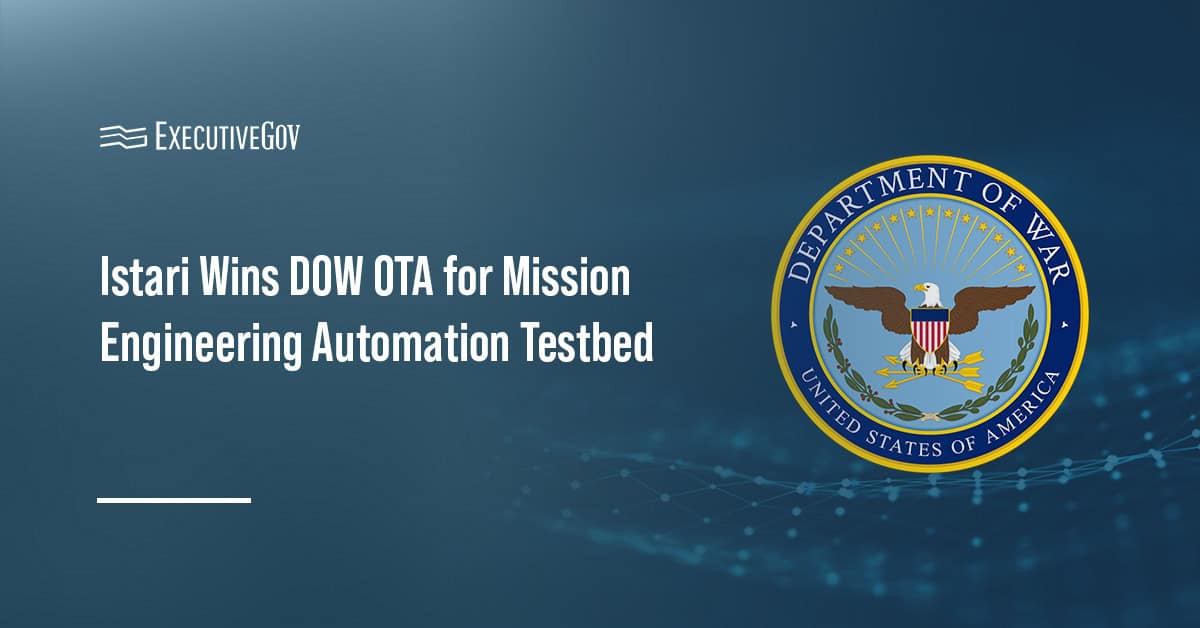
The Census Bureau is launching a pilot effort to deploy artificial intelligence and machine learning to identify operational data that employees may have missed, Fedscoop reported Wednesday.
Zachary Whitman, chief data officer of the bureau, said at an AFCEA event that employees previously reported difficulties when processing survey data that are handled through siloed programs.
“How do you get people to translate into information they might not know about but would be very valuable to them?” said Whitman. “That’s where a lot of our AI is coming into play, not only with our search services, but also with our user engagement.”
The bureau is also implementing AI algorithms to segregate customer feedback and identify positive and negative input.





